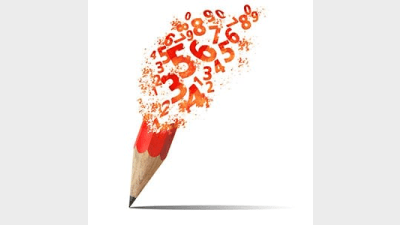Traditional ETFs better suited to academia



Traditional exchange traded funds (ETF) based on market capitalisation indices are a poor investment model and are better suited for use as academic tools or economic indicators than as the basis for investments, according to Market Vectors Australia.
A whitepaper released by the group also states that traditional indices are not suitable for ETFs because many of the stocks in the index are not liquid and indices are often dominated by large stocks.
Market Vectors indicated this was an area of concern in the Australian market, where the top 10 stocks make up more than 50 per cent of top 200 securities by market capitalisation.
The group stated that equal weight indices were more diversified than market capitalisation indices and outperformed traditional ETFs over the long term, citing a CSIRO-Monash Superannuation Research Cluster research paper published in 2013.
According to Market Vectors, the research paper found that an equal weight index delivered the best long-term performance compared to fundamental indices and market capitalisation indices in the US.
Market Vectors stated that the research found that $1 invested in an equal weight index in 1962 would have grown to $100.86 in 2009, while a $1 investment in a market-cap weighted index would have returned $59.04 for the same period.
Recommended for you
Evidentia’s chief investment strategist Nathan Lim has announced his retirement after a 30-year career.
GQG Partners has marked its fifth consecutive month of outflows as its AI concerns lead to fund underperformance but overall funds under management increased to US$166.1 billion.
Apostle Funds Management is actively pursuing further partnerships in Asia and Europe but finding a suitable manager is a “needle in a haystack”.
Managed account provider Trellia Wealth Partners, formed from the merger between Betashares and InvestSense, has appointed its first managing partner.










